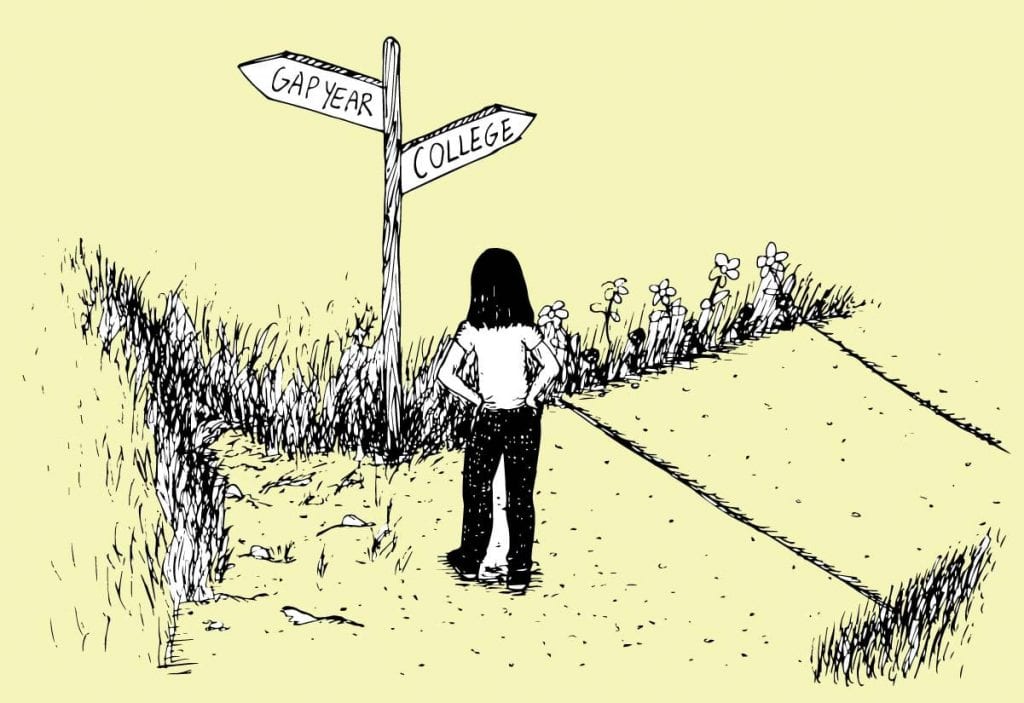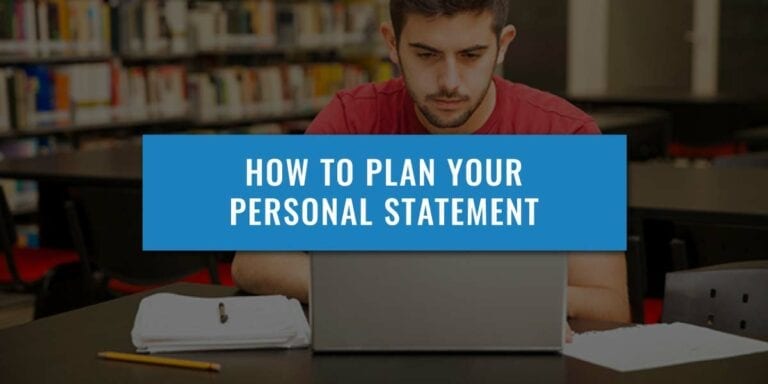
Getting into medical school is hard, really hard.
Failing to get into medical school can be stressful, demoralising and upsetting. It hurts, trust me, I’ve been there. But, with a little courage, planning and motivation then you, like me, could have one of the best years of your life leading up to your first day as a fresher medical student.
Six years ago, I got my fourth and final
UCAS rejection for medical school. Now, I’m months away from being a Doctor. I can say, with complete confidence and honesty, that I am glad I didn’t get into medical school the first time I applied. My guide for what to think about when medical school seems an impossible dream.
Problem 1 – Do you really want to be a doctor?
People go medical school for one reason – to become a doctor.
Do you want to be a doctor? Are you sure?
If the answer is yes, then it’s simple. You need to get into medical school one way or another! There’s three main ways of doing that, which include:
- Take a gap year and reapply- adds minimum 1 year do a degree
- Attempt graduate entry- adds minimum 3 years
- Go abroad- not my area of expertise
It’s easy to think that the solution is to accept a 5th UCAS option, do a degree (most people do BioMed but it can literally be anything) and then do graduate entry medicine. Most people who try this don’t end up being Doctors. That’s not to say you can’t, but it’s NOT that simple, and here’s why:
Graduate entry medicine is even more competitive than undergraduate medicine and can take years of applying to be successful (some never are) it adds 3 difficult years on (rather than 1 year of a semi-relaxed gap year) it can be unpredictably financially costly many just don’t fancy another degree when they reach the end for a variety of reasons.
Personally, I thought, if my aim is to do medicine then why would I put myself through another degree first and potentially make life harder? Why not spend a year doing no exams, doing what I need to improve my application, and doing things I want that I couldn’t while in education. Besides, it still keeps the BioMed option open further down the line.
Problem 3 – what would I do on a force gap year?
I call it a forced gap year, because one downside is – you can’t quite disappear gallivanting around the world for 12 months.
There’s a few things you
MUST do if you’re to stand a chance at succeeding in getting into medical school: re-apply with an improved application and pass an interview.
Then there’s things you can do for you; enjoy a year of no exams! When was the last time you had that?
Get a job and earn some money. It made my life at university so much more fun and less stressful – sure, you’d need to be home for ukcat, BMAT and any interviews – but that doesn’t stop you seeing some of the world in between or after the application cycle. Typically the last interviews are roughly March, and you wouldn’t start until late September. Enjoy your hobbies – the lack of a school timetable allows you to do whatever you want!
Improving your application – here’s the hard part
GET YOUR GRADES.
Who would you give an offer to?
Someone with predicted 3 A’s or someone with 3 A’s already in the bag (gap year bonus)? Excel in the
UKCAT and
BMAT – get a book and practice, practice, practice. Speak to universities you were rejected from, find out what can be improved. Improve your personal statement. Find a mentor, speak to teachers, find a medical school application tutor, medical students, university widening access to medicine programs volunteer – it’s great for you and your personal statement. Get work experience get as job – as mentioned above, do a course – I can’t recommend this enough. Looks great on personal statements no matter what the subject, and it feels really nice to learn something completely different. There’s lots of online providers offering free modules from world renowned universities: I did a
Princeton University Coursera module on ‘World History Since 1300’.
Make sure you explain in your statement what you’ll be doing in your gap year – briefly.
Take your time to think, don’t rush. Sit down, talk to parents, teachers, anyone you respect the opinion of. But overall don’t be afraid of making a difficult decision whatever that may be. I do believe my struggle of getting in has made me a better medical student than I would have been otherwise. If you’re determined to be a doctor, then keep motivated and keep going!
Our Admissions Experts help you triple your chances of entry with our Oxbridge Medical Package.











